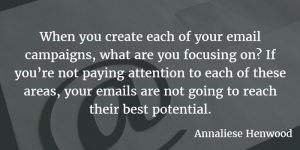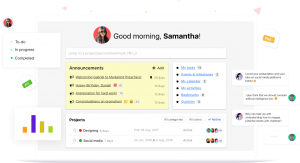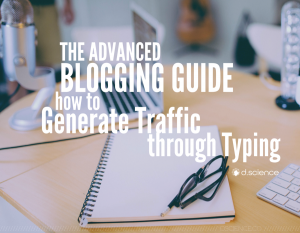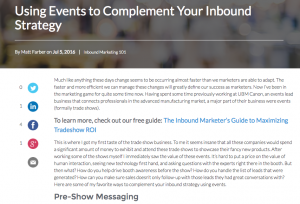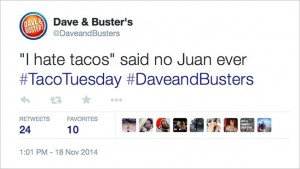
One of the interesting qualities of freelancing work is that you may never meet your clients in real life. Perhaps more than any other job market, freelancers rely heavily on their online image- an aggregate of their resume, portfolio and personality to set themselves apart and attract new clients who may very well be located on the other side of the world.
It’s true that employers are using social media not only to screen applicants, but also hunt for potential candidates. An active and professional social media presence can help enhance a freelancer’s online image, particularly in respects to standing out with clients. However, it is crucial to keep in mind the personal information vs. professional information divide when it comes to using social media, especially when using it as an extension of your professional business persona. It’s a tricky balance to maintain, and put succinctly by FreelancerUnion’s Lindsay van Thoen– “it’s all about a personal tone minus personal details.”
Here’s a breakdown of the most effective social networks, and when to use them:
If you are a social media enthusiast, you are probably already using your personal Facebook profile to market yourself online. However for those that wish to maintain a separation between their personal and professional networks, you can choose to set up a public Facebook Page for your followers instead. Keep in mind that the effectiveness of a Page will likely depend on your traction as a thought leader in your profession- that is, do you have enough followers (and content) for your Page to take off?
LinkedIn is your online resume and professional network, and as a business orientated platform it is probably the one social networking platform where it will not hurt your image to remain impersonal. If you want to establish yourself as a thought leader on specific topics (demonstrating your niche area of expertise to clients), you should familiarise yourself with LinkedIn’s blogging platform. Your content on LinkedIn will also likely have a longer lifespan than on Facebook and Twitter, which are both more aggressively saturated with promotional content.
Twitter is a micro-blogging platform that is very popular with users looking to cultivate a personal brand and amass a following- if you are willing to get more ‘personal’ with your followers (and indeed your potential new clients), Twitter should be the space where you showcase your thoughts, passions and interests beyond your business profile. Keep in mind that tweets have a very short lifespan due to Twitter’s real-time news feed, and you will need to invest consistent time and energy into maintaining an active profile.
Google Plus
Since Google first introduced Google Plus back in 2011, marketers have debated back and forth over the usefulness (or lack thereof) of Plus as a social networking tool in comparison with the likes of Facebook. Regardless of what you think of the platform itself, it remains that content shared on Plus shows up in Google Search, which means you should have an active Plus account for SEO purposes if nothing else.
(276)

